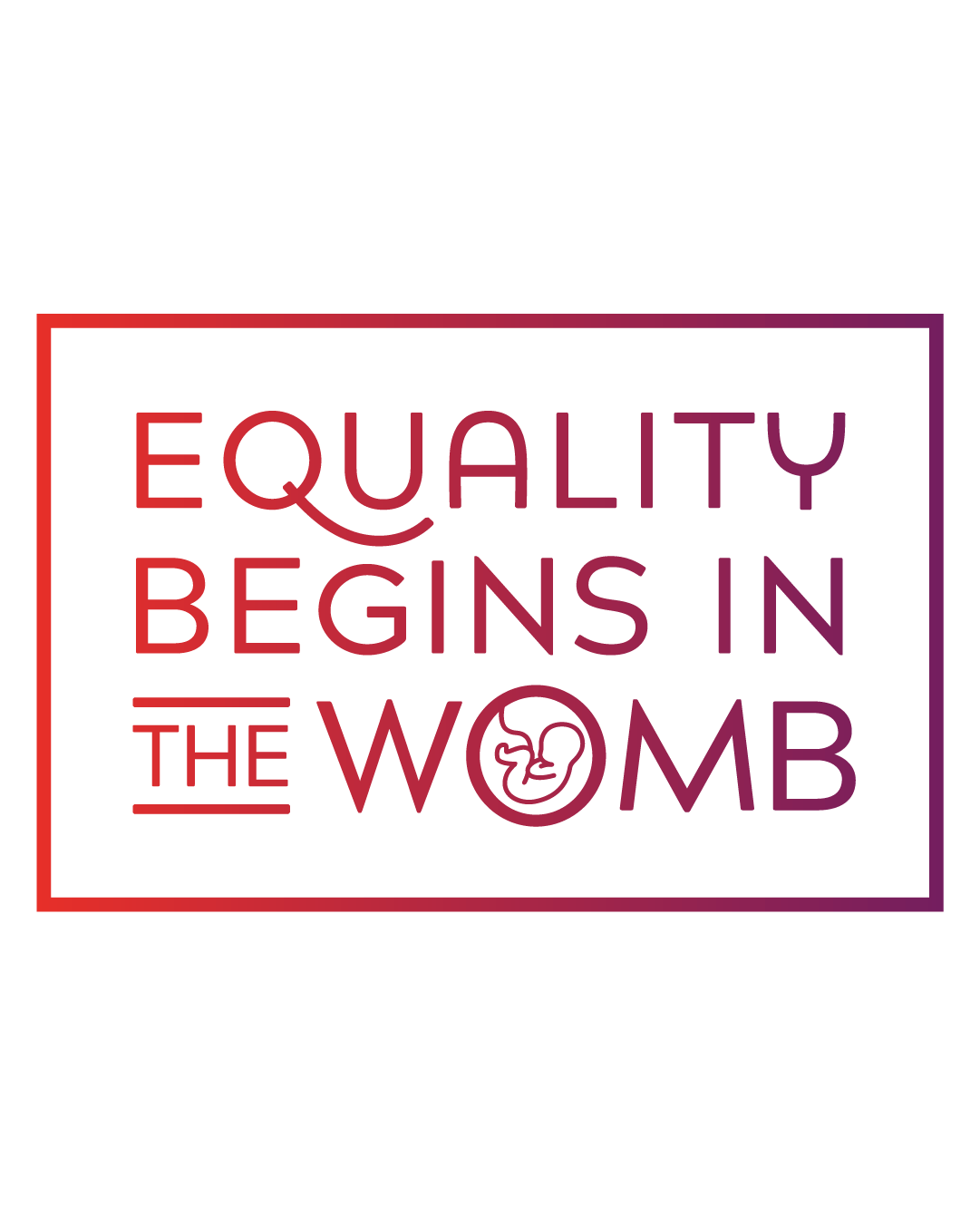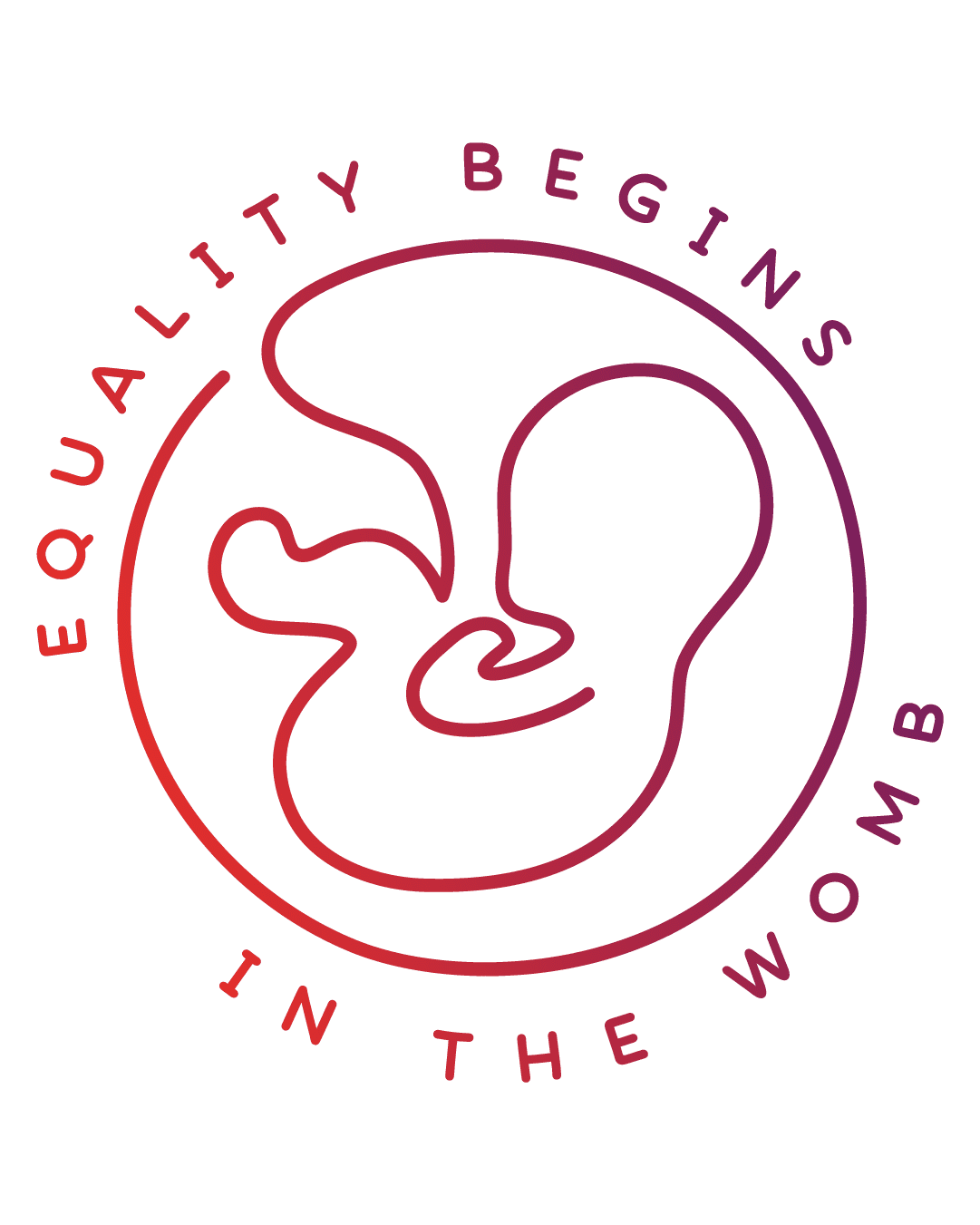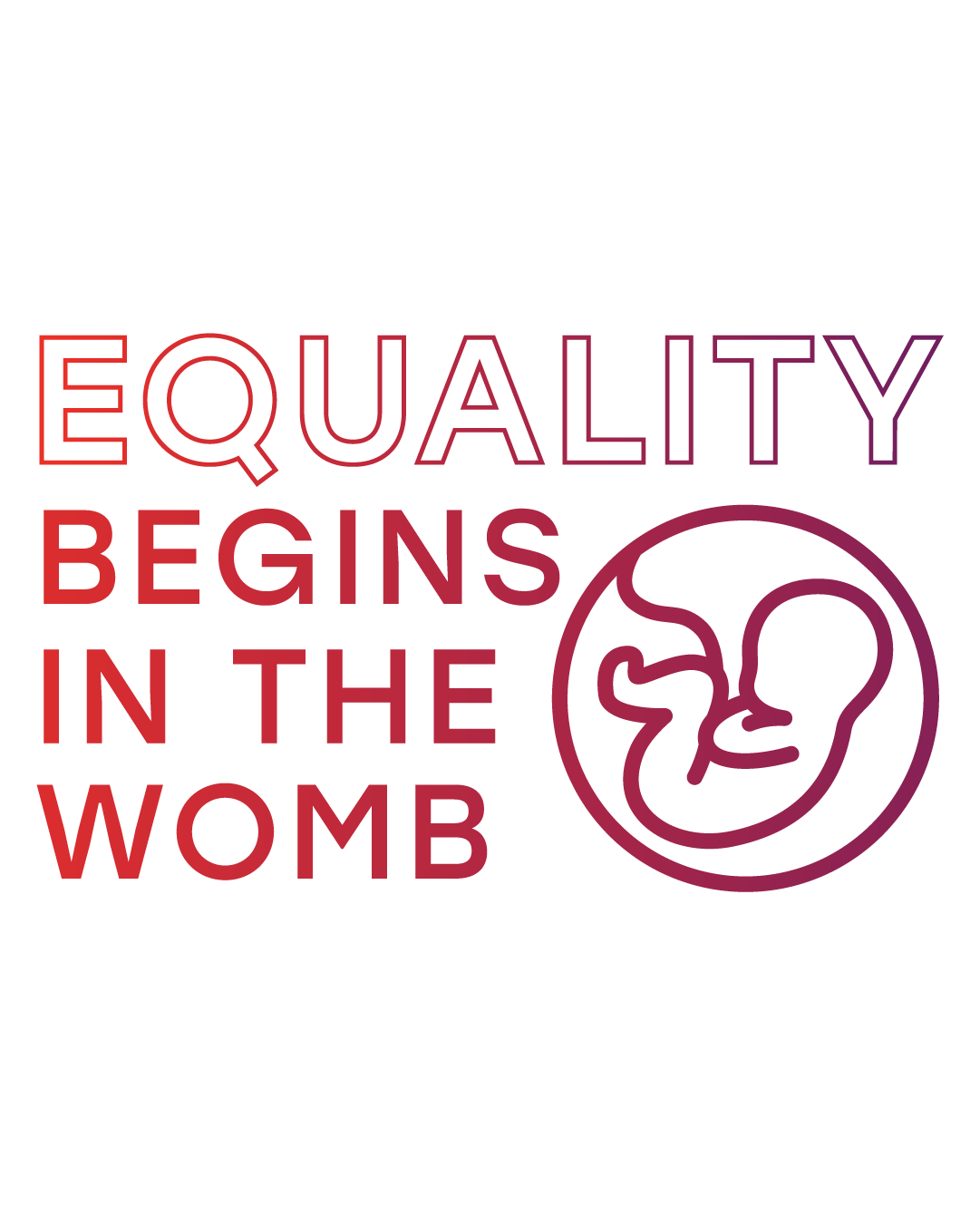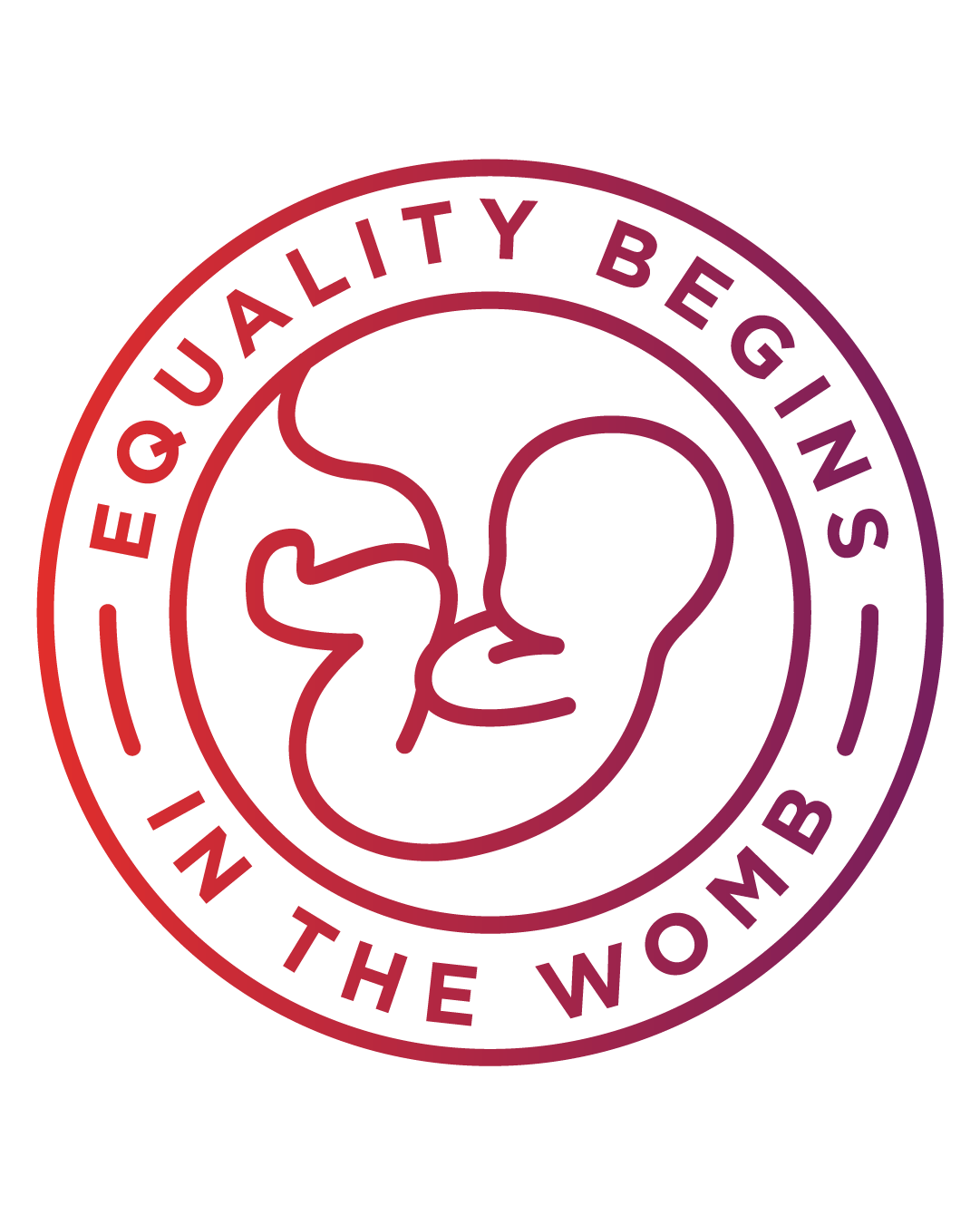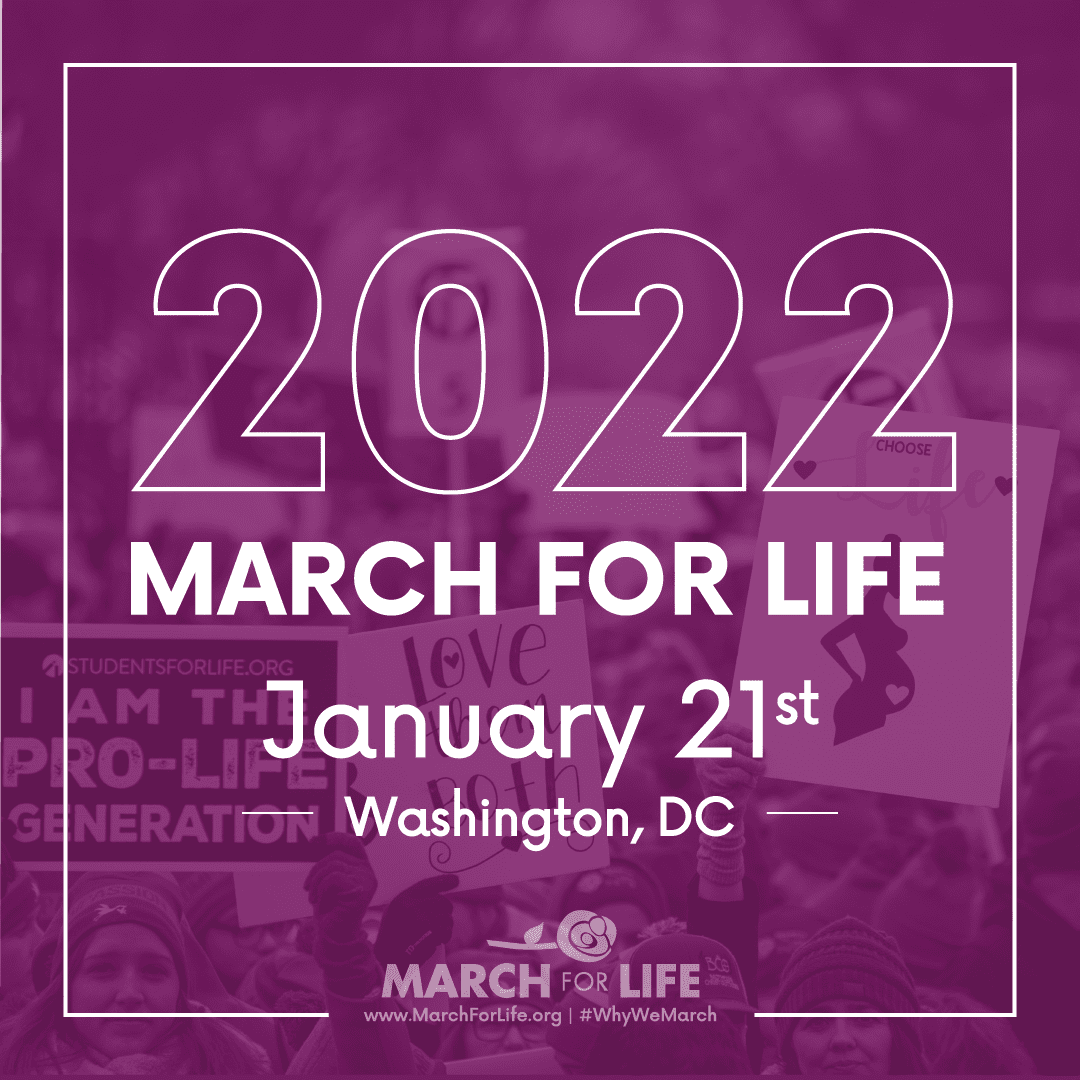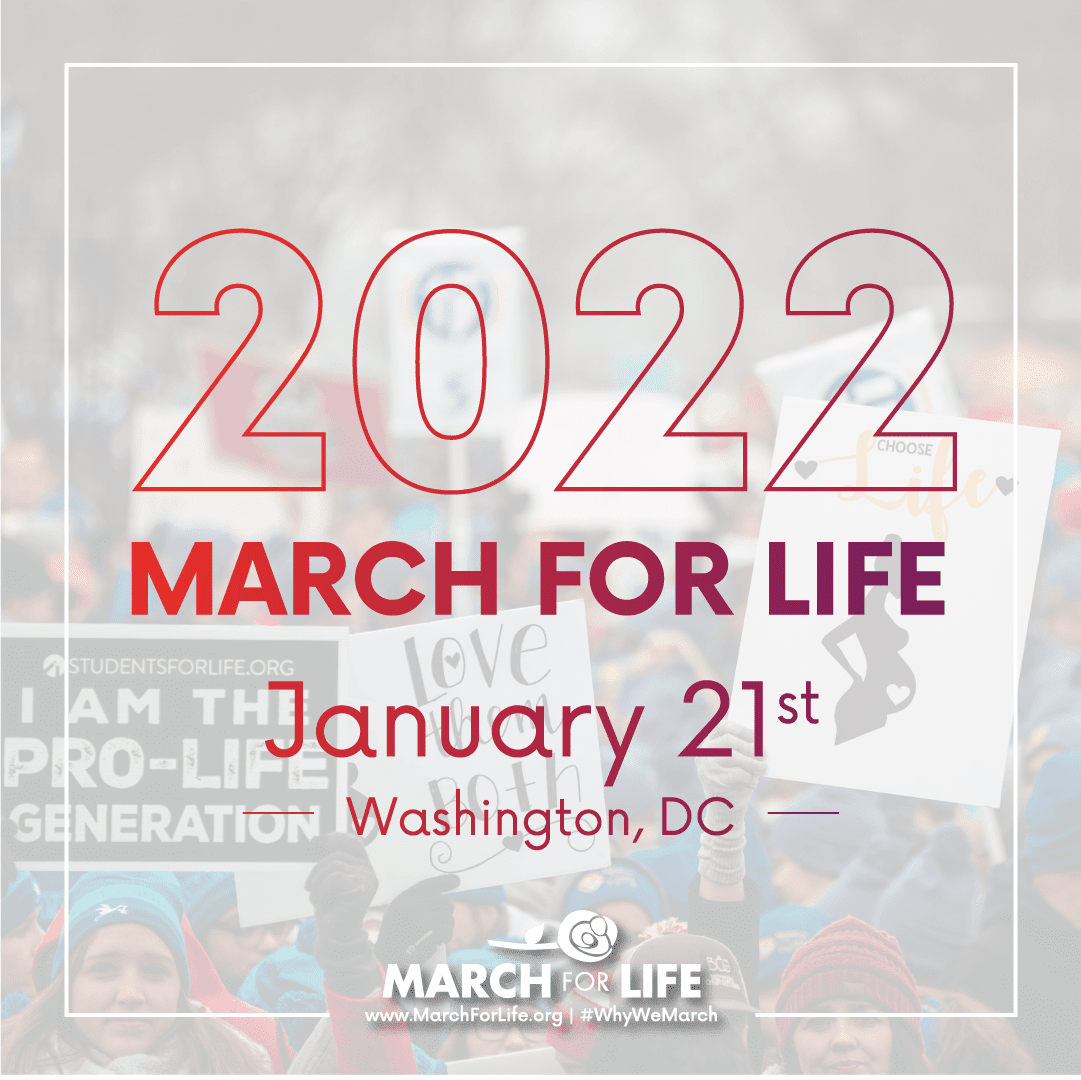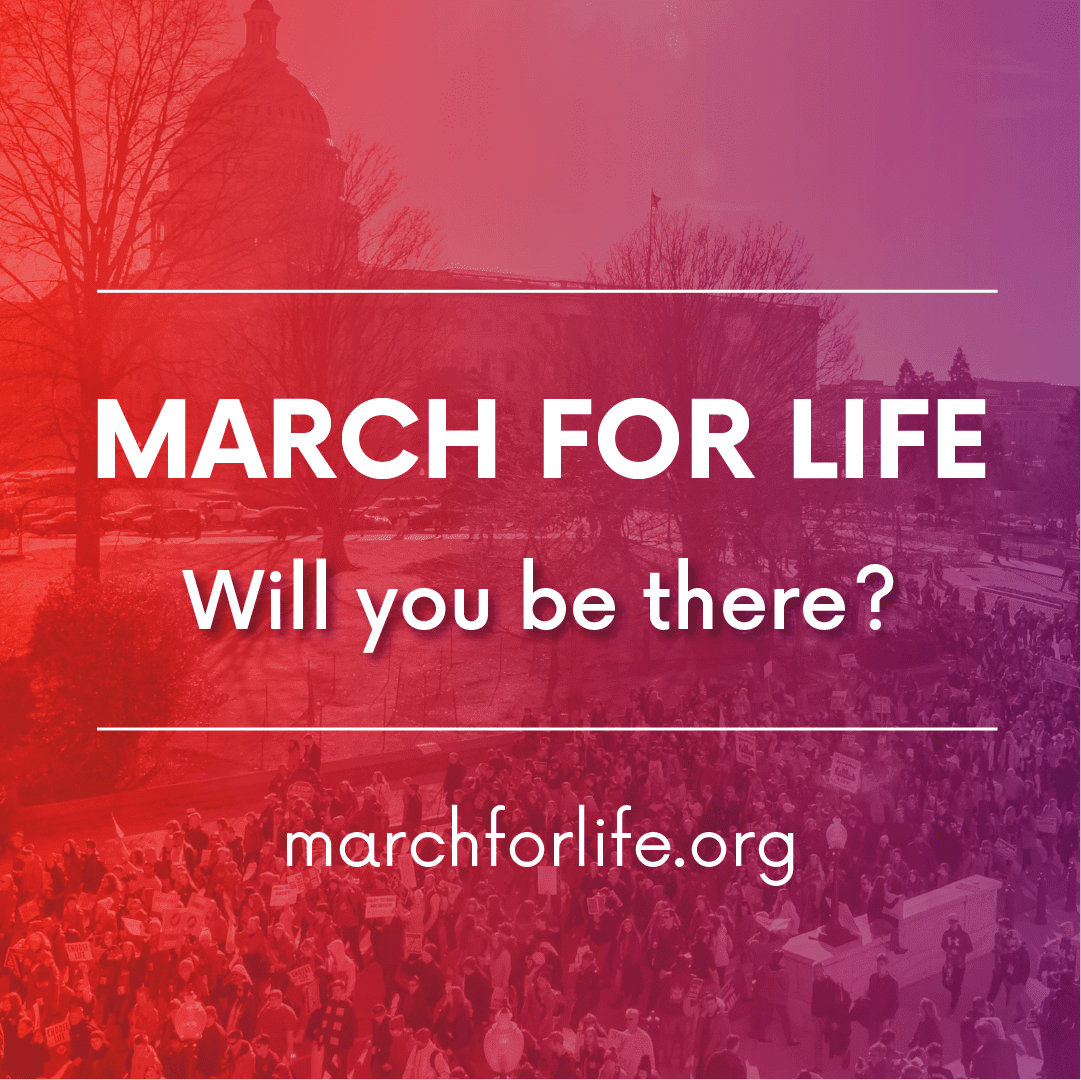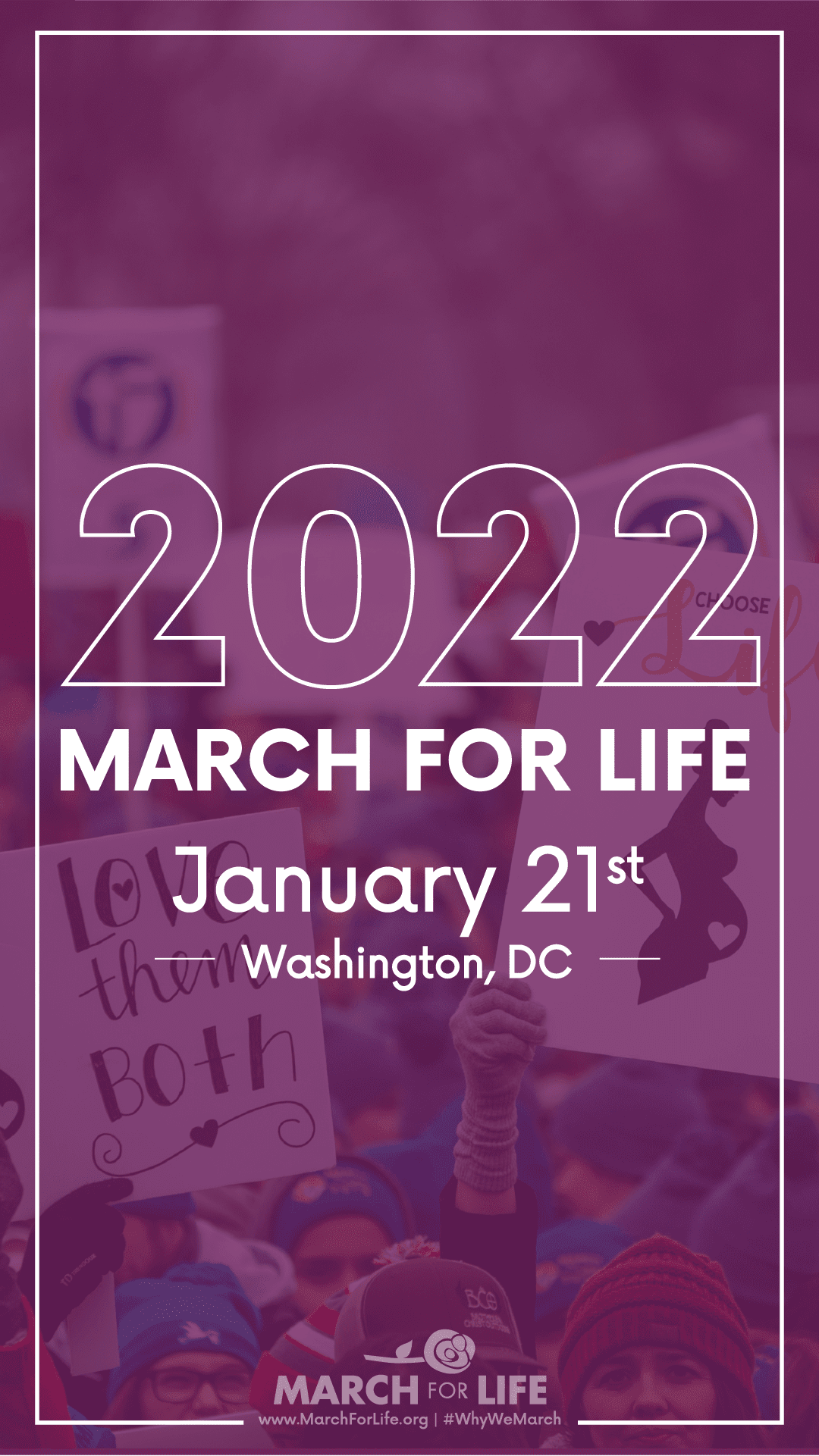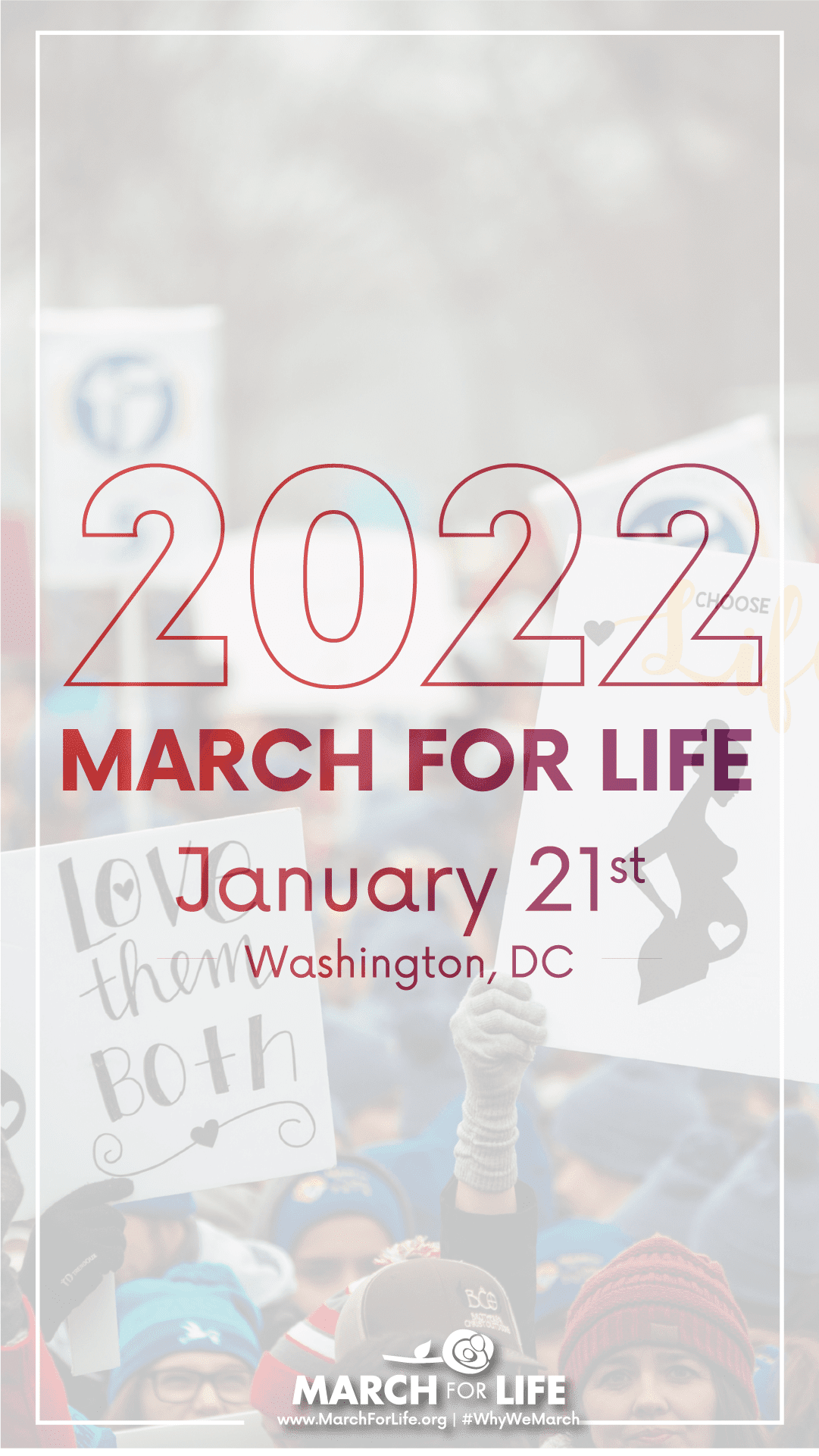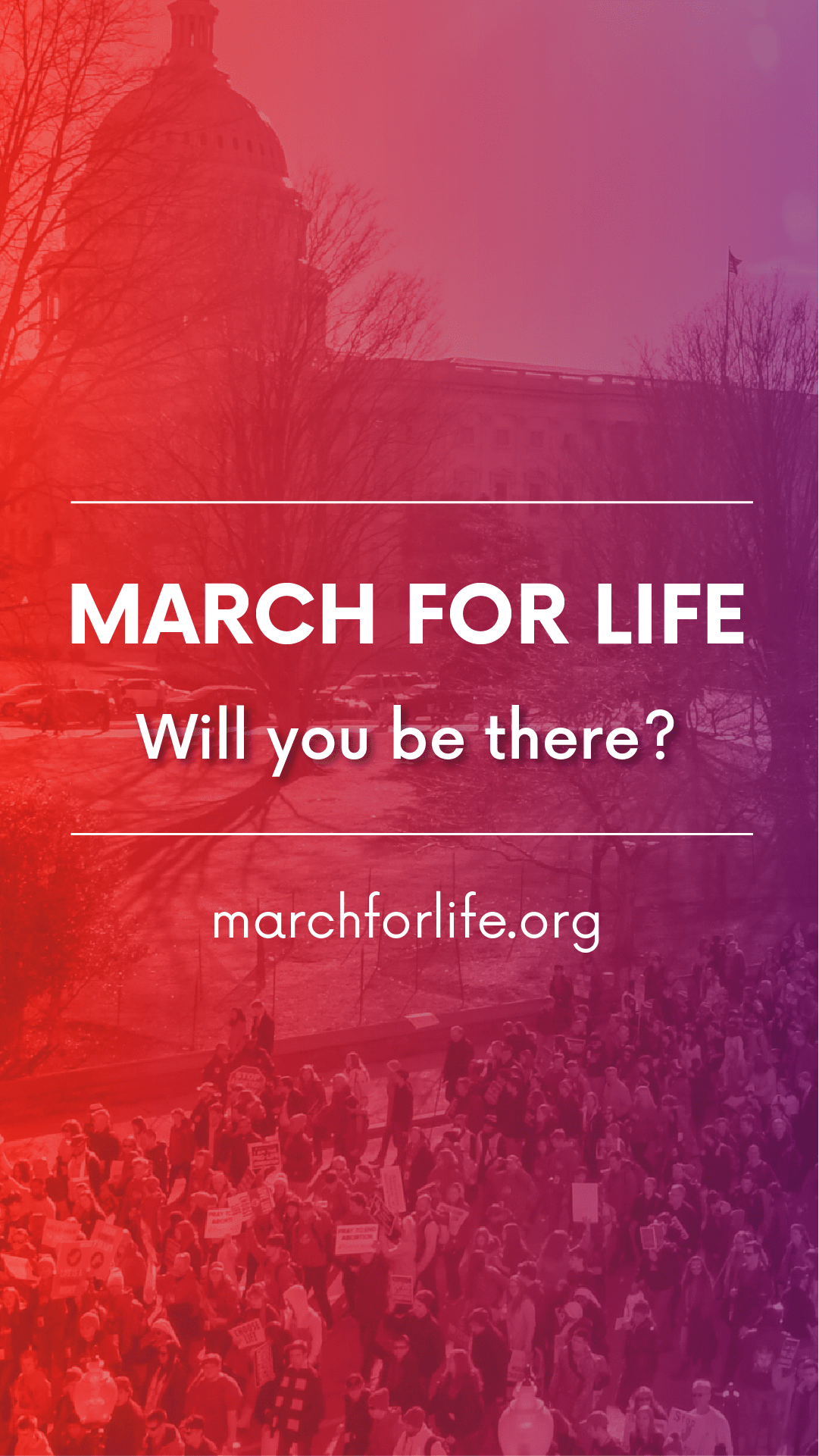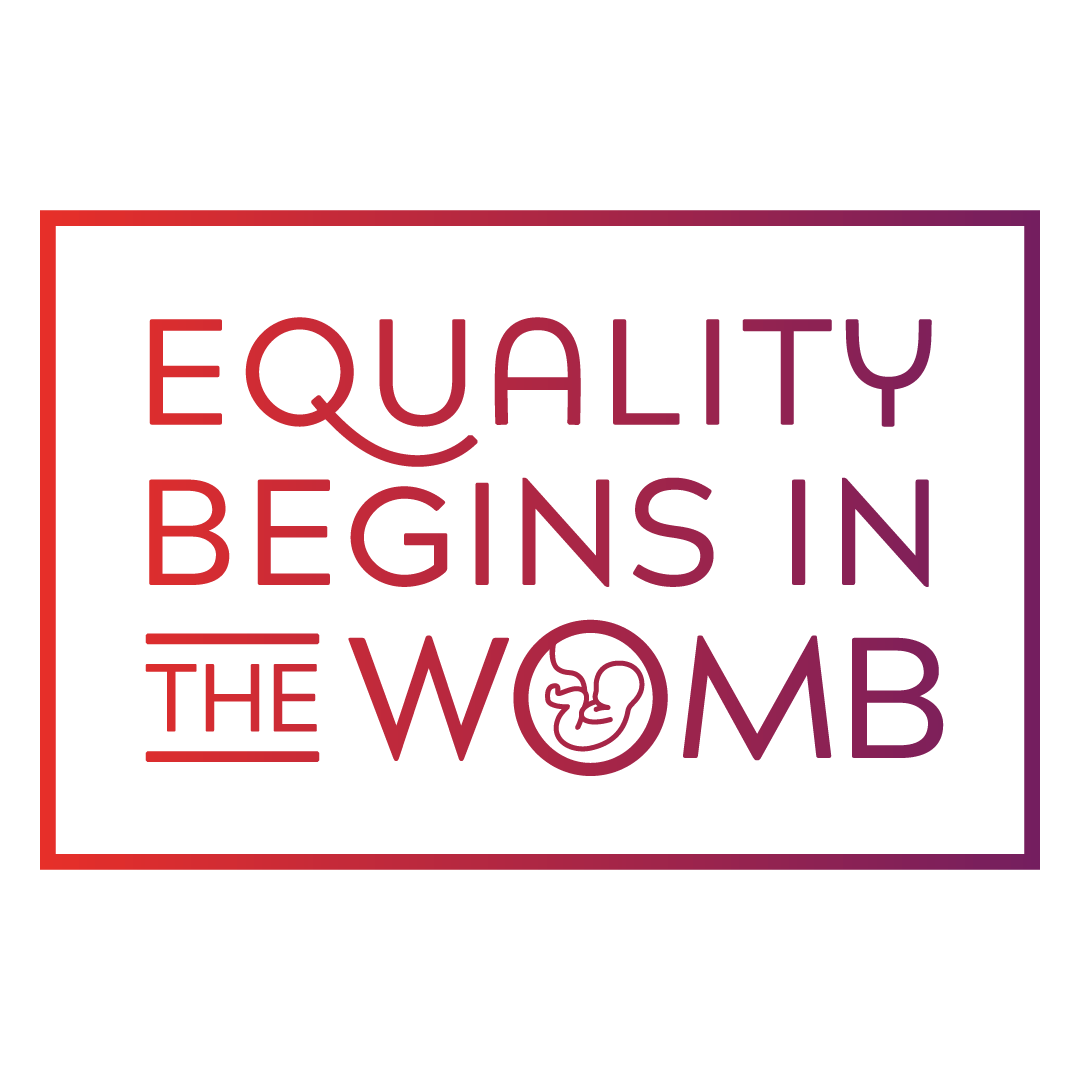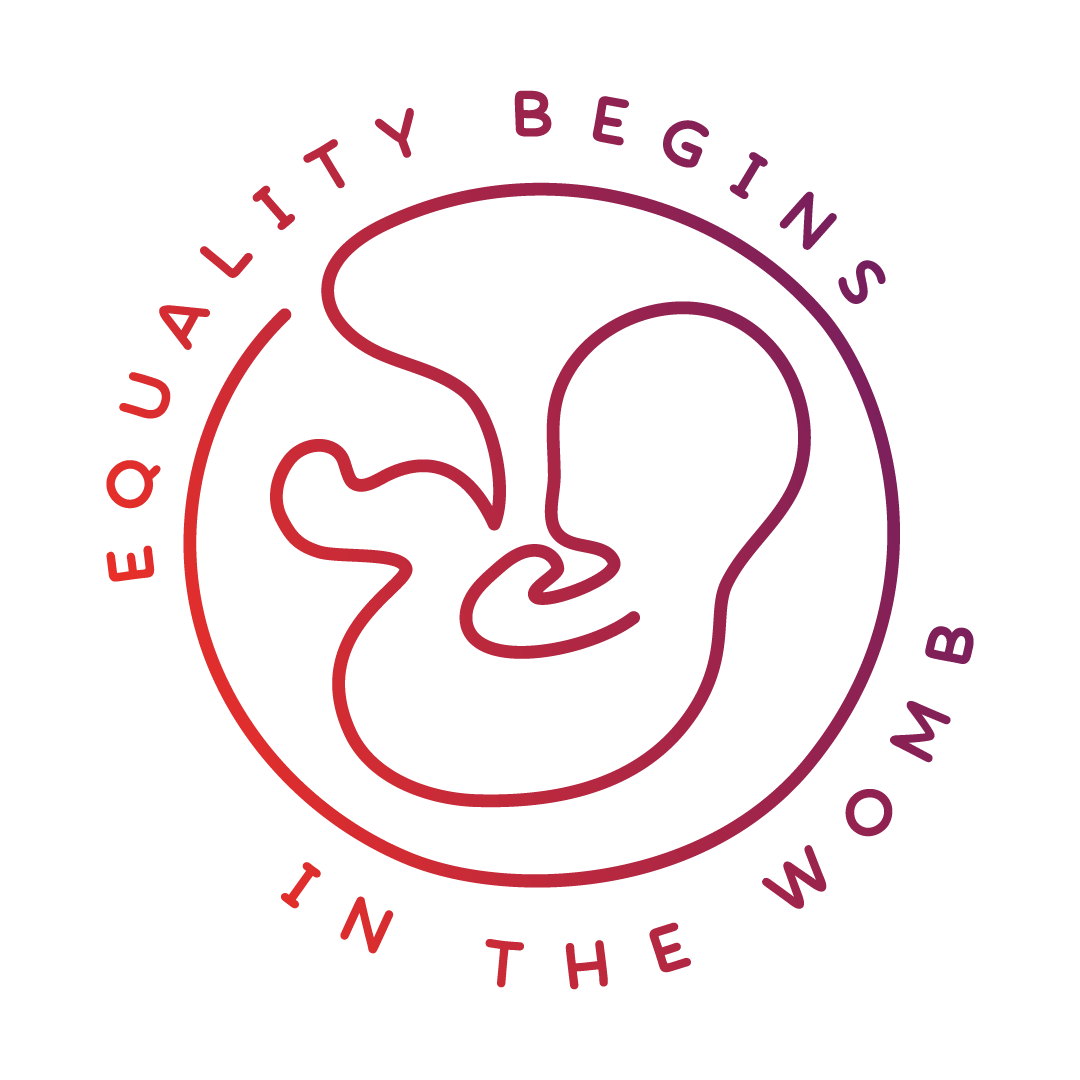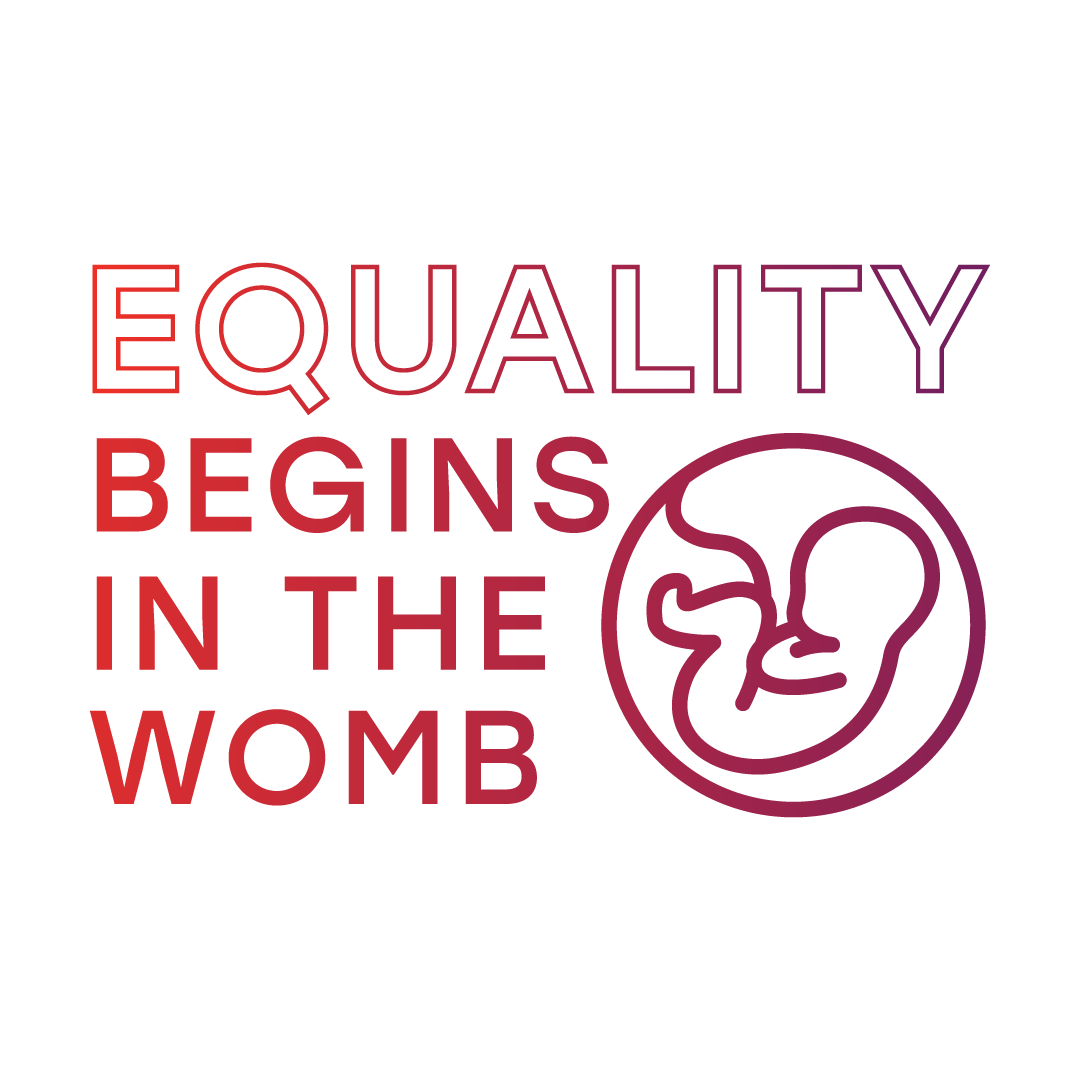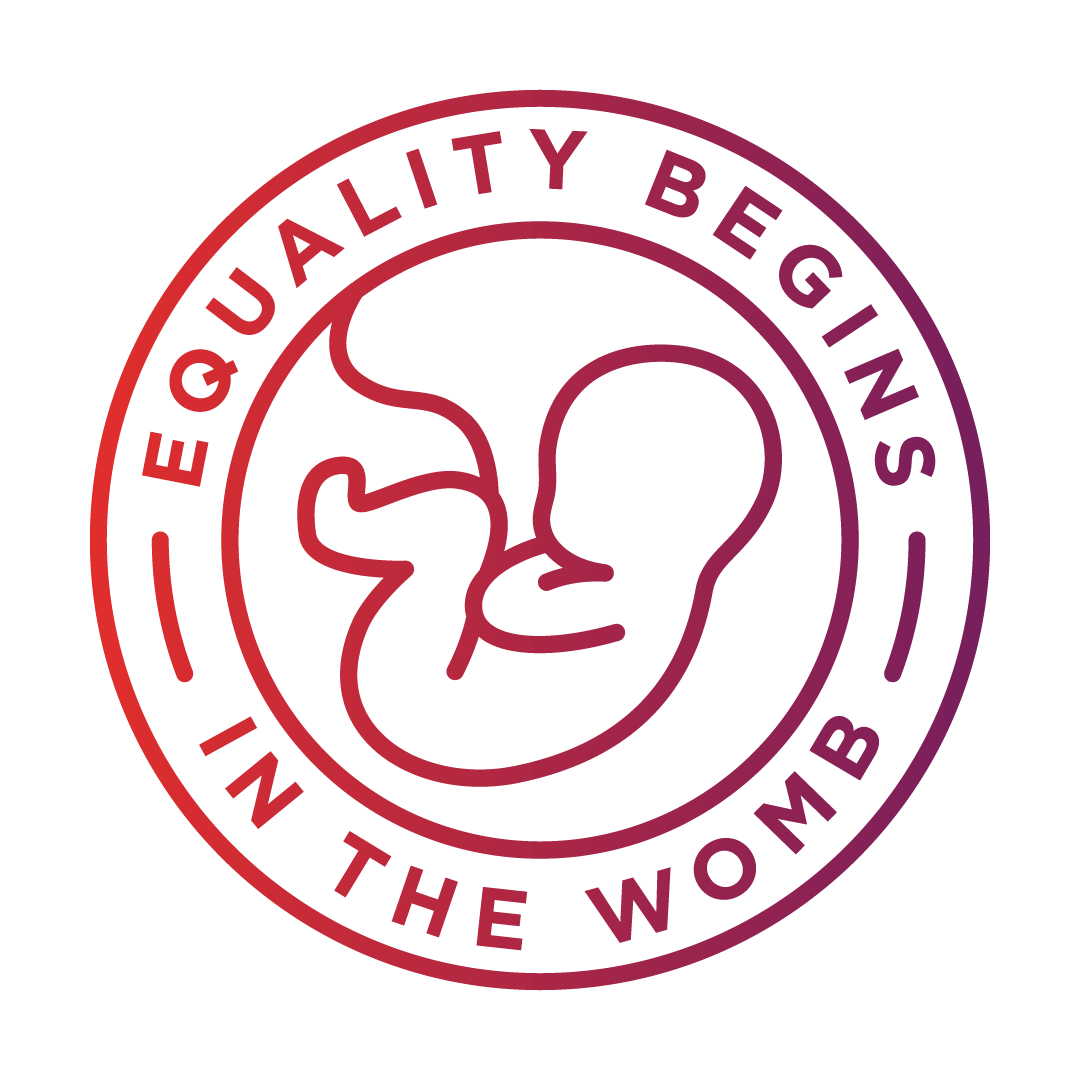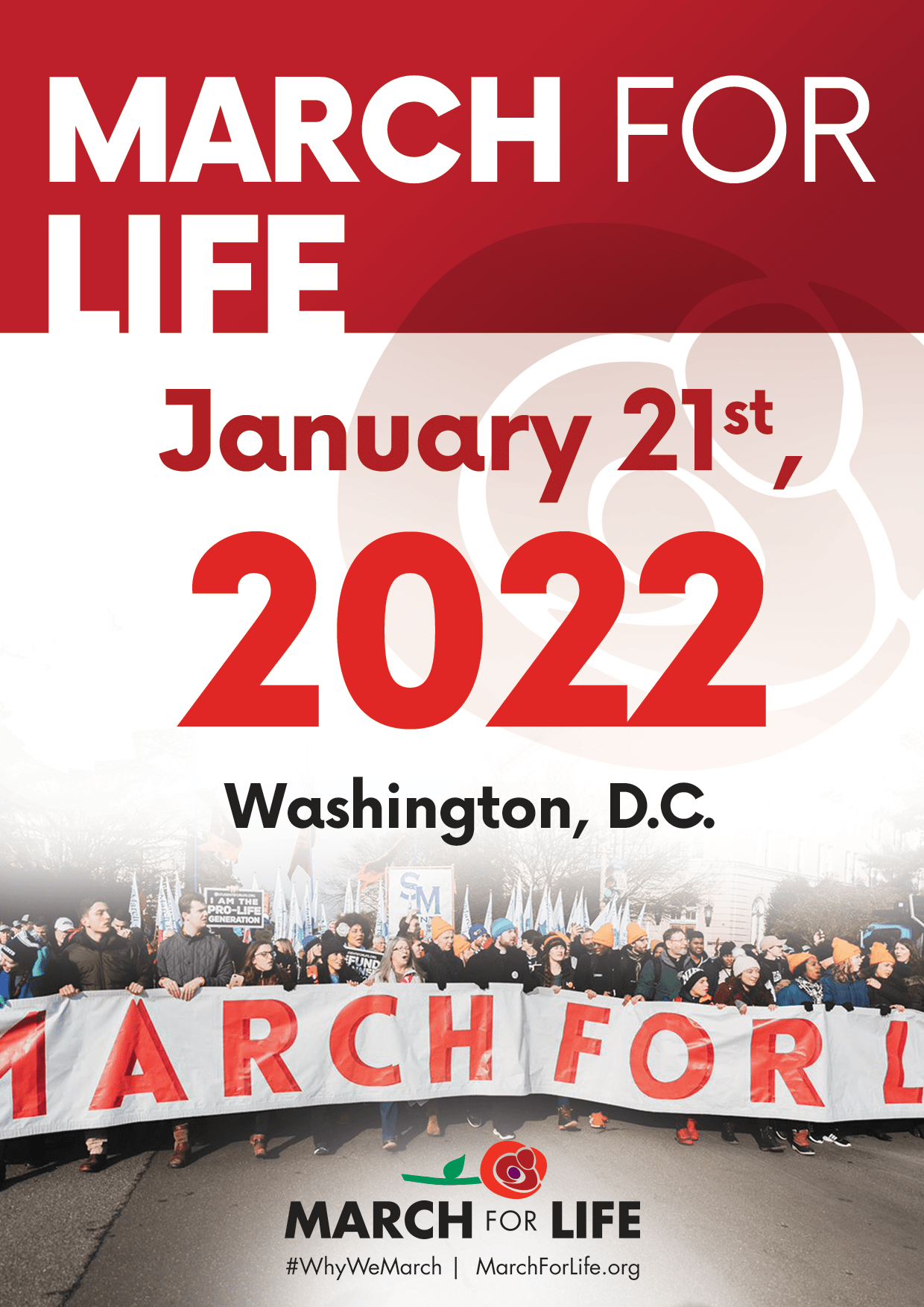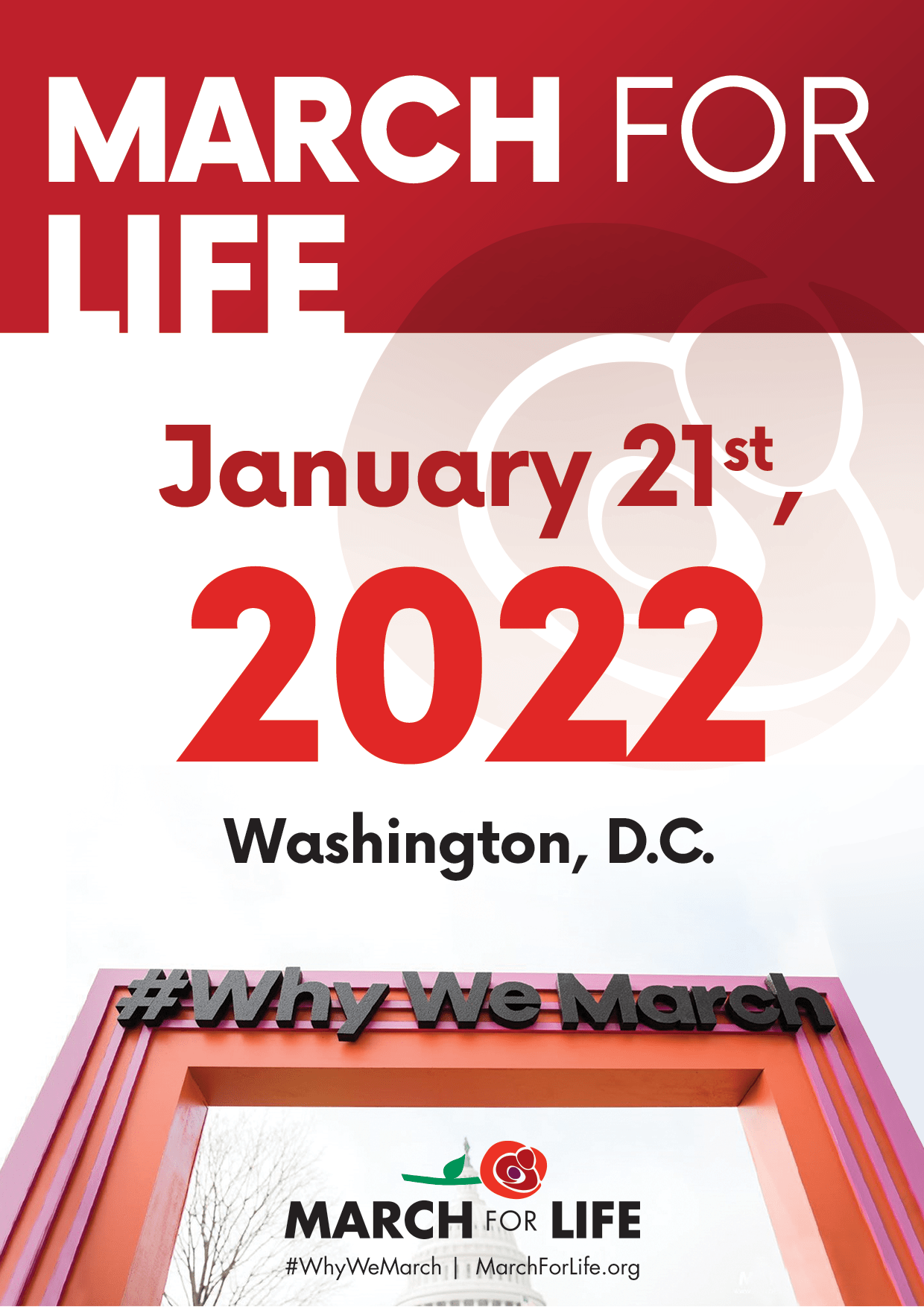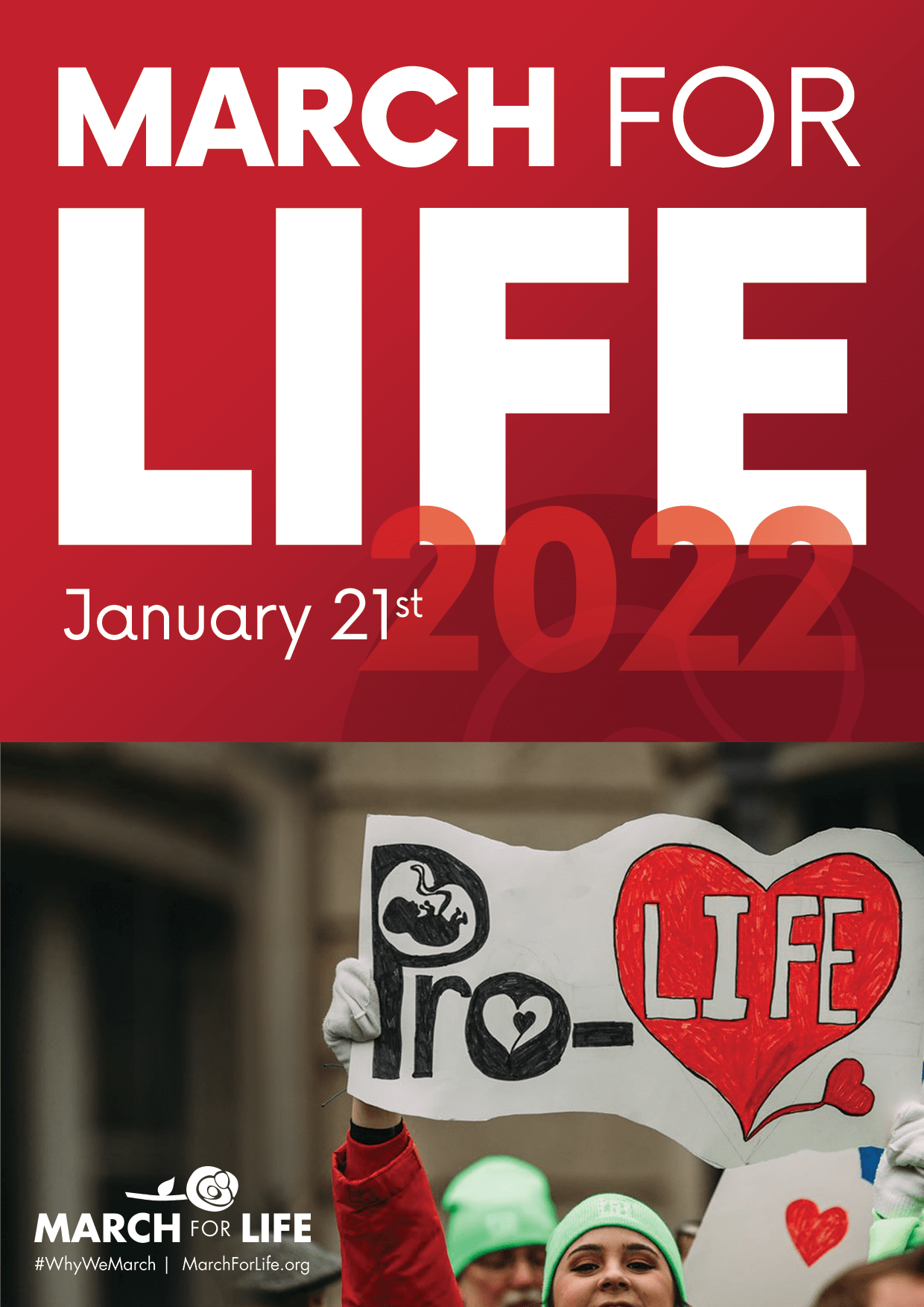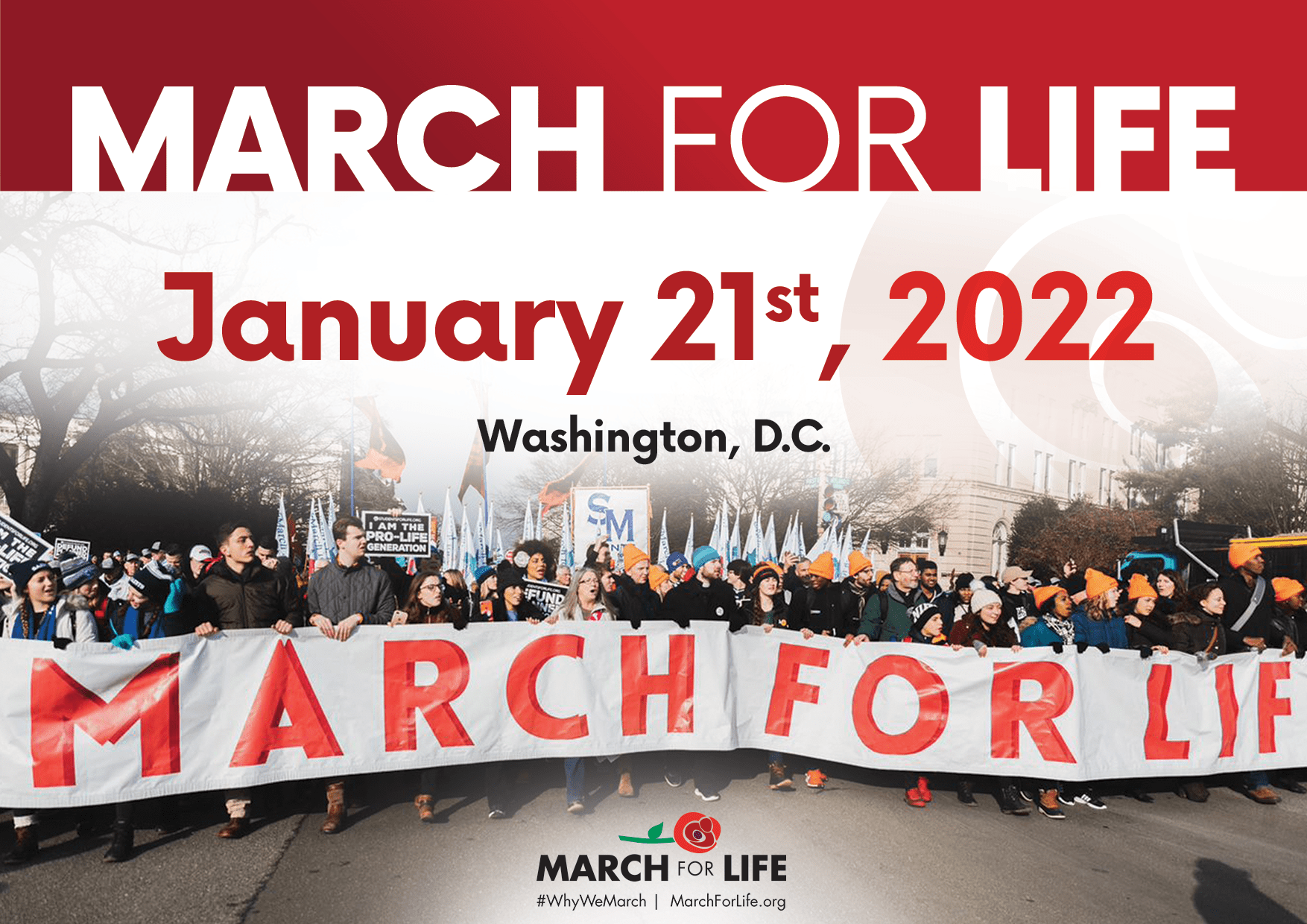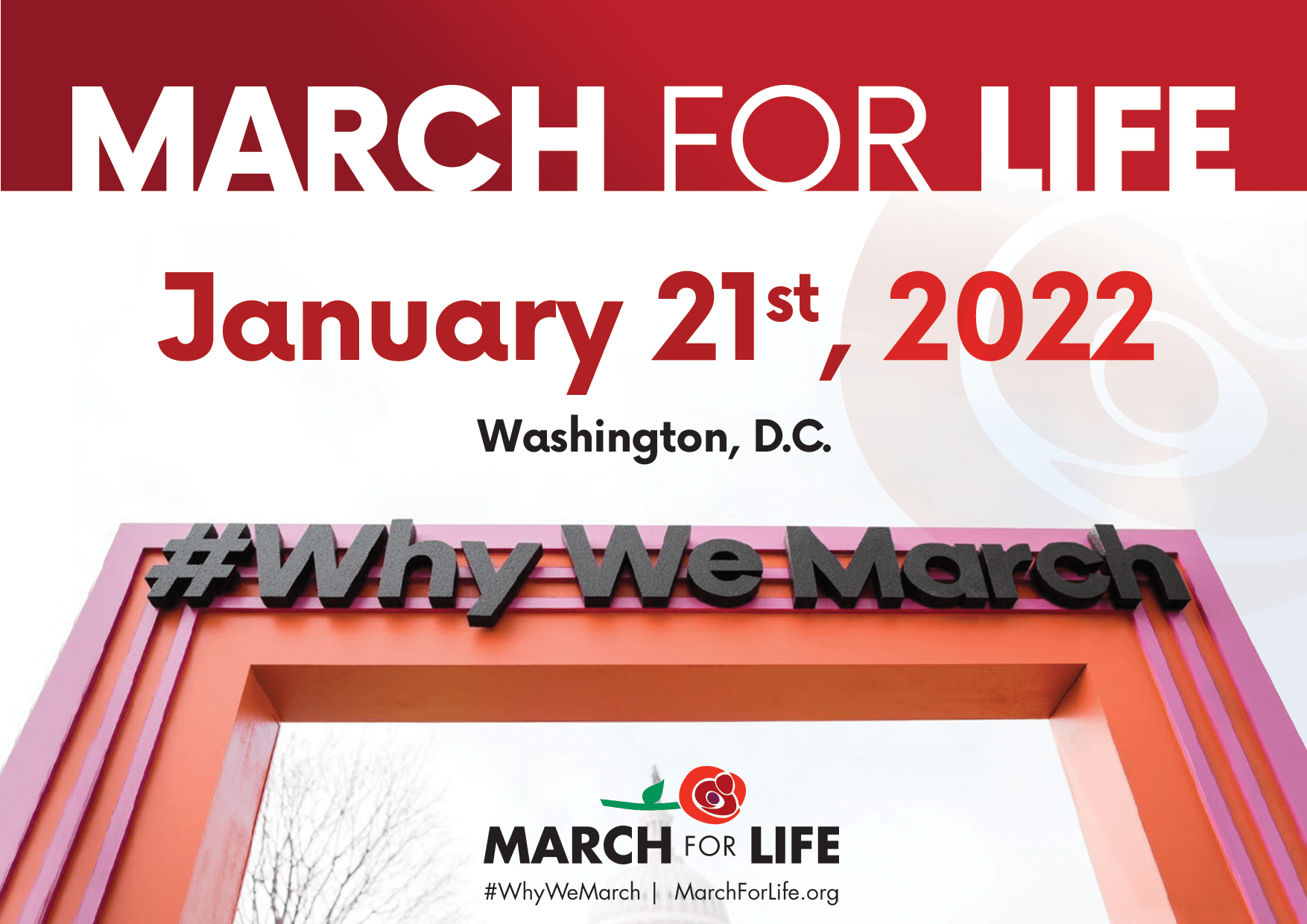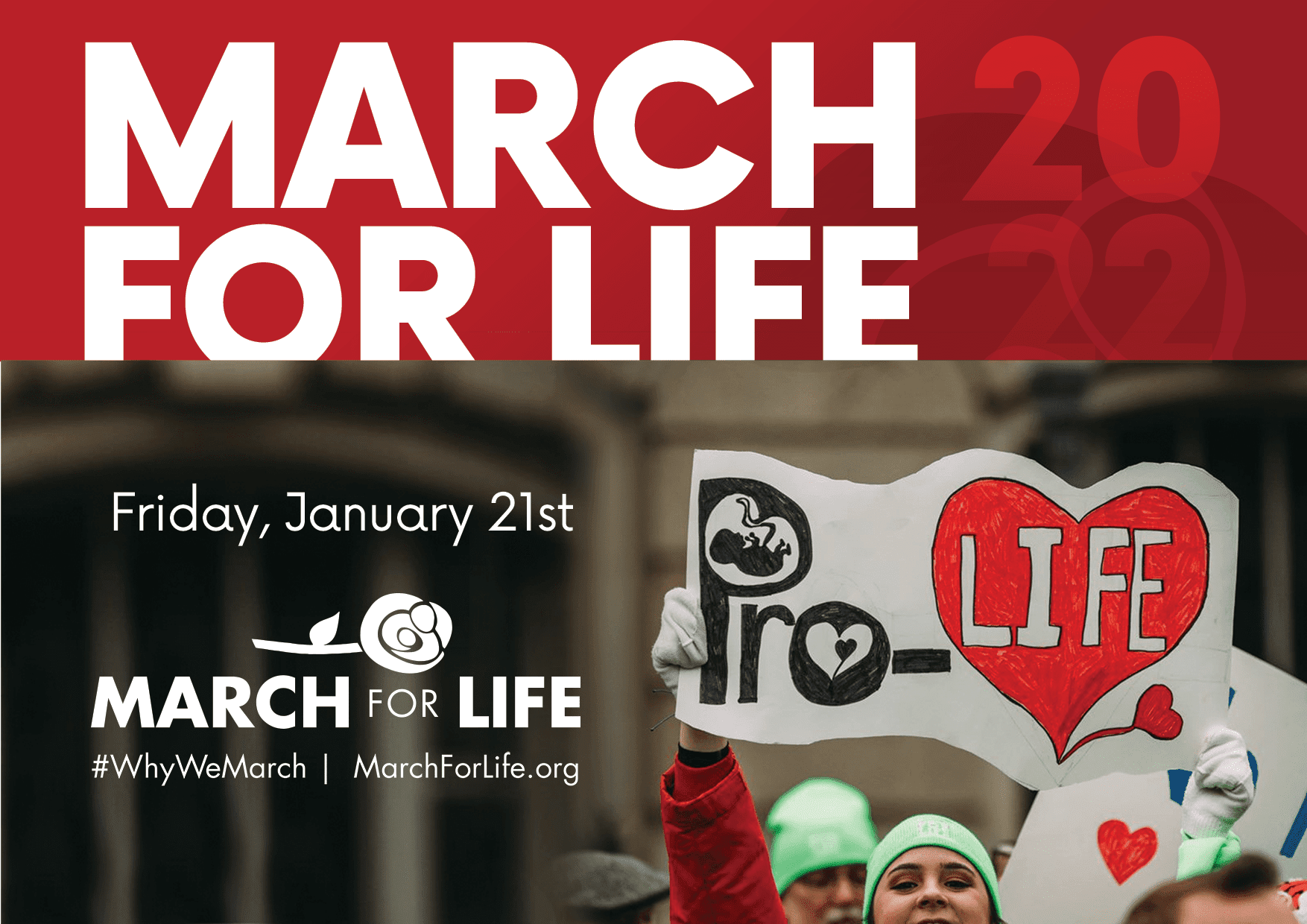Will You March for Life?
In our nation’s pursuit of a more just society, we cannot ignore the discrimination that is nevertheless taking place against our most vulnerable: unborn babies. If we are to truly commit to the truth that no one human is ‘less than’ another, we must recognize that equality begins in the womb.
The cultural conversation surrounding equality has increased drastically in recent years as we explore how equality relates to all of humanity in its wealth of diversity in race, religion, gender, political ideology, etc.
Along these lines, we must use this critical cultural moment to assess the equality of the child in the womb from the moment of conception. It is time that we focus on the humanity of the baby in the womb in her different developing stages, the legal rights of the unborn child versus already born humans (or general pro-life/abortion jurisprudence), and the shared dignity of a baby in the womb who has received a disability diagnosis.
A culture of life recognizes the truth that each human being is endowed with inherent human dignity and is a gift to our world regardless of age, race, gender, or disability.
As pro-life advocates, we work towards a future where the beauty and dignity of every human life is valued and protected. Our responsibility is to counter the injustice of abortion by exposing the lies that bar unborn children from protection.
The 2022 March for Life theme, “Equality Begins in the Womb,” will highlight the dignity of human life in the womb. By showing the inherent beauty of human life through all stages of embryonic development, we will illustrate how every life is unique and a gift regardless of racial background, gender, or disability. We will also educate on the discriminatory practices of the abortion industry that actively target struggling moms and babies.
Dobbs vs. Jackson
Equality Begins in the Womb highlights our efforts to educate on and influence the Dobbs v. Jackson Supreme Court case, including:
-
- Emphasizing how laws should protect the life of a separate and distinct human being in the womb.
- Showing how abortions after 15 weeks have increased health risks to women.
- Showing the positive effects on the medical profession and our society at large when late-term abortions do not occur.
Visit marchforlife.org/Dobbs for more information.
Right to Life
- America was founded on the fundamental principle that all are created equal, endowed with unalienable rights. First among these is the right to life.
- If we fail to protect the right to life, we fail to protect all human rights.
- Human rights begin when human life begins – the moment of conception.
Eugenics
- Abortion is deeply rooted in the eugenics movement. Founders of the American abortion movement, such as Margaret Sanger and Alan Guttmacher, were proud advocates for eugenics.
- Sanger: “We do not want word to go out that we want to exterminate the Negro population…”
- Guttmacher: “it should be permissible to abort any pregnancy… in which there is a strong possibility of an abnormal or malformed infant.”
- The abortion industry continues its eugenic legacy, disproportionately targeting children prenatally diagnosed with poor health conditions.
- Parents are often pressured to abort their child upon receiving a poor prenatal diagnosis.
- 67% of babies prenatally diagnosed with Down syndrome are aborted.
- Only an estimated 11% of parents received a diagnosis of Down syndrome in a positive way.
Human Development
- Our understanding of the preborn child has significantly increased since the Roe v. Wade decision in 1973 – shedding more light on the humanity of life within the womb.
- Technology has also greatly shifted the medical benchmark of viability, enabling extremely premature babies to not only survive but thrive.
